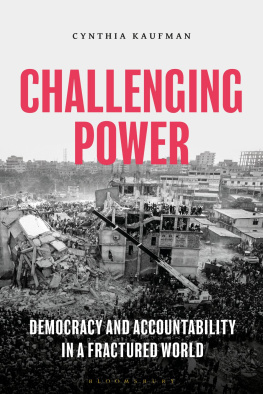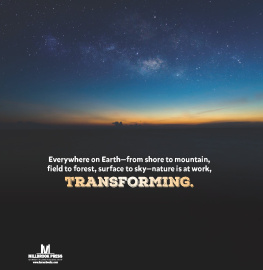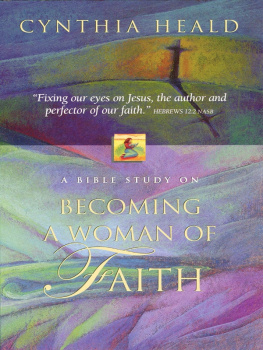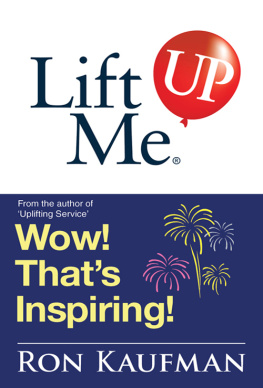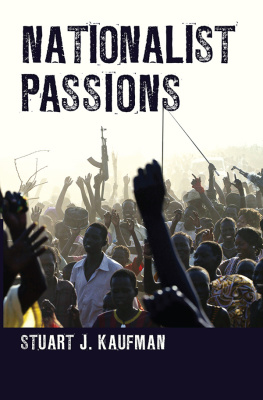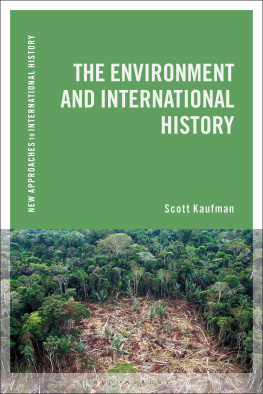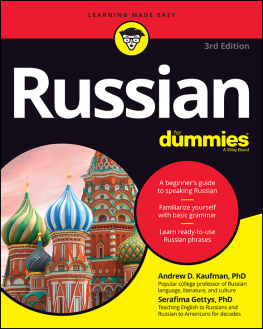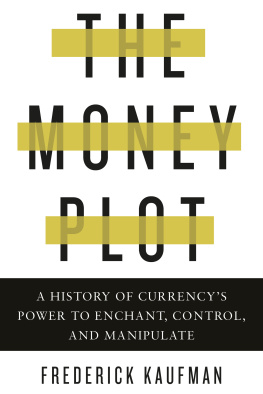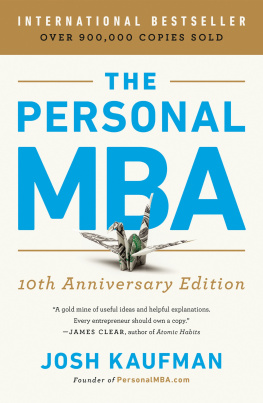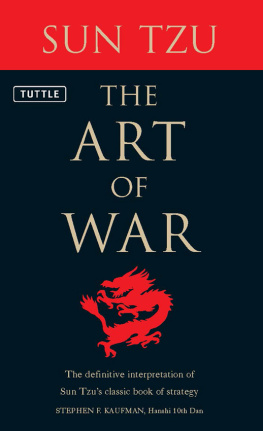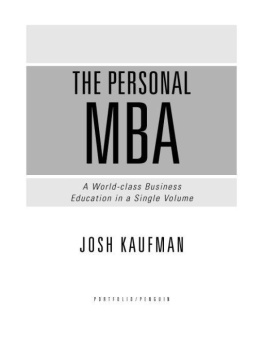Cynthia Kaufman - Challenging Power
Here you can read online Cynthia Kaufman - Challenging Power full text of the book (entire story) in english for free. Download pdf and epub, get meaning, cover and reviews about this ebook. year: 2020, publisher: Bloomsbury UK, genre: Politics. Description of the work, (preface) as well as reviews are available. Best literature library LitArk.com created for fans of good reading and offers a wide selection of genres:
Romance novel
Science fiction
Adventure
Detective
Science
History
Home and family
Prose
Art
Politics
Computer
Non-fiction
Religion
Business
Children
Humor
Choose a favorite category and find really read worthwhile books. Enjoy immersion in the world of imagination, feel the emotions of the characters or learn something new for yourself, make an fascinating discovery.
- Book:Challenging Power
- Author:
- Publisher:Bloomsbury UK
- Genre:
- Year:2020
- Rating:5 / 5
- Favourites:Add to favourites
- Your mark:
- 100
- 1
- 2
- 3
- 4
- 5
Challenging Power: summary, description and annotation
We offer to read an annotation, description, summary or preface (depends on what the author of the book "Challenging Power" wrote himself). If you haven't found the necessary information about the book — write in the comments, we will try to find it.
Challenging Power — read online for free the complete book (whole text) full work
Below is the text of the book, divided by pages. System saving the place of the last page read, allows you to conveniently read the book "Challenging Power" online for free, without having to search again every time where you left off. Put a bookmark, and you can go to the page where you finished reading at any time.
Font size:
Interval:
Bookmark:

Challenging Power
Also Available from Bloomsbury
Journalism in an Age of Terror: Covering and Uncovering the Secret State , John Lloyd
Modernity and the Political Fix , Andrew Gibson
Capitalisms Holocaust of Animals: A Non-Marxist Critique of Capital, Philosophy and Patriarchy , Katerina Kolozova
Right-Wing Culture in Contemporary Capitalism: Regression and Hope in a Time Without Future , Mathias Nilges
Ethics Under Capital: MacIntyre, Communication, and the Culture Wars , Jason Hannan
Dedicated to the memory of Rina Rehman, Berta Cceres, and Eric Garner.
Challenging Power
Democracy and Accountability in a Fractured World
Cynthia Kaufman


Contents

Many friends and colleagues helped along the way with inspiration, detailed reading comments, suggestions for books to read, and encouragement. I would like to especially thank Joann Martin, Sunita Vatuk, Ricardo Blaug, Rebecca Gordon, Susanne Jonas, Michael S. Schudson, Katherine Sklar, Fred Block, Marian Mabel, Ron Hayduk, Derek Tenant, Raul Pacheco, Ishmael Tarik, Amy Merrill, and Dean Birkenkamp. I feel deep appreciation for the encouragement and quiet time given by my family, Rosa and Carlos Davidson. Finally, special thanks go to the team at Bloomsbury for being such a pleasure to work with, and to the anonymous reviewers who really helped bring what I was doing into focus.

I grew up with a deep sense of alienation. My two parents, my brother, and I moved a lot, and my parents were not social people. They tended to talk about what was wrong with the people around us, to keep to themselves, and to connect deeply only with our extended families, which were bi-coastal, and also on the move. My fathers family is Jewish, and most of them have a sense of unease in the world, that is almost certainly related to the pogroms they fled at the turn of the last century. My mother grew up in ultrarich Greenwich Connecticut, at that time one of the wealthiest towns in the United States, in the mostly Irish community of people who worked as servants. My Irish immigrant grandmother was a nanny to the ultrarich. My Azorean grandfather painted the interiors of their houses.
I spent most of my formative years in San Diego in white middle-class suburbs. As I came into my teen years, I felt the world around me to be intolerably dull and devoid of any sense that anything mattered. I escaped two years early from my mostly white and middle-class high school because it felt like a prison. I mean that in a spiritual sense. It was not a high-security prison experienced by low-income people of color in the United States. But for a person like myself, curious to find what was engaging about life, it felt like it was crushing my soul. I made friends with kids from around our region who were artists and intellectuals. What we shared was a sense that the world of suburbia that we were headed to inherit was frighteningly without meaning.
In 1980, during my wandering drop-out years, I encountered an article about the war that was then raging in El Salvador. A revolutionary movement was working to overthrow a brutal dictatorship, and the US government was on the side of the dictatorship. I was deeply moved by a sense that I was connected to those atrocities, and that if I joined with others, I might be able to make a difference. I reached out to the Committee in Solidarity with the People of El Salvadoran organization mentioned in the articleand got swept up into the movement to stop US support for the war and to support the revolution. It was the first time in my life that I felt like I was part of something worth throwing my passion into.
When I think about my relationship to the political struggles that have defined my life since that moment, I am struck by how connected I feel to the world of social justice. How do people feel connected to the troubles of the world and what is the nature of those relationships? How and why do people in the Global North care about the people who were crushed to death in Rana Plaza in Bangladesh in 2013? How do we see our connections to the distant processes that cause so much fossil fuel to be burned that our planet is on track soon to be inhospitable for human society? How do we understand our relationships to the mass and social media cultures which put commercial interests in between our connections to the world and each other, and which help create our own sense of self and meaning? How do we understand our relationships to those dominant systems of meaning which dehumanize so many types of people, which lead to people being murdered by police, who act in the interests of a state over which we have little control?
How do we disembodied and unembedded wandering Jews (and by that I dont just mean people of Jewish heritage, but most people who have grown up in the interconnected, but also fragmented, and highly mediated world of global society) understand our connections to the world we are trying to make better?
If democracy is about challenging relations of power, and if power is constructed, deployed, and also to be constrained, through large- scale often global social processes, how do we understand the nature of what binds us to the movements that are working to hold power to account? What is the nature of our connections to distant others and how does, or can, that drive our engagements in the world? Are the emotional connections that pull me to that work based on an abstract disconnected set of principles which should be resisted? Or is it the task of those of us living in this world of thin, fragmented, and unrooted connections, precisely to find our sense of purpose in those ephemeral webs through which we are connected?
I dont know the answer to those questions and dont intend to answer them in this book. But I do know that, for whatever reason, many people find themselves troubled by their connections to the horrors that constitute our present world. Our lives are woven together through networks of anonymous relationships constructed by markets, through transnational media, through intertwined political systems. As I write this, I am connected to them through my inability to breathe comfortably, as climate changecreated wildfires make the air in almost all of Northern California, where I live, dangerous to breathe. For many of us, that thinly connected network of relations is the only world we know.
Each of us, in our own particular ways, is faced with the question of how to live a good life in a world where power is increasingly concentrated and not held to account, and increasingly destroying the very fabric of our human and ecological existence. We each feel that pain in different ways, and we each struggle for ourselves to make sense of the ways we are implicated in problems over which no one seems to be responsible, which we all have some limited abilities to impact, but where there are no clear lines of responsibility.
This book attempts to understand the nature of our own individual places in holding power to account in a political world of myriad connections which are thin, not grounded in stable senses of place, history, or community, and which often feel empty and disassociated. It is dedicated to the search for ways to make these hard-to-grasp connections as understandable as possible, in order to clarify the moral and political tasks before each of us, as we find ways to live together that make life worth living and keep the planet habitable.
Font size:
Interval:
Bookmark:
Similar books «Challenging Power»
Look at similar books to Challenging Power. We have selected literature similar in name and meaning in the hope of providing readers with more options to find new, interesting, not yet read works.
Discussion, reviews of the book Challenging Power and just readers' own opinions. Leave your comments, write what you think about the work, its meaning or the main characters. Specify what exactly you liked and what you didn't like, and why you think so.

